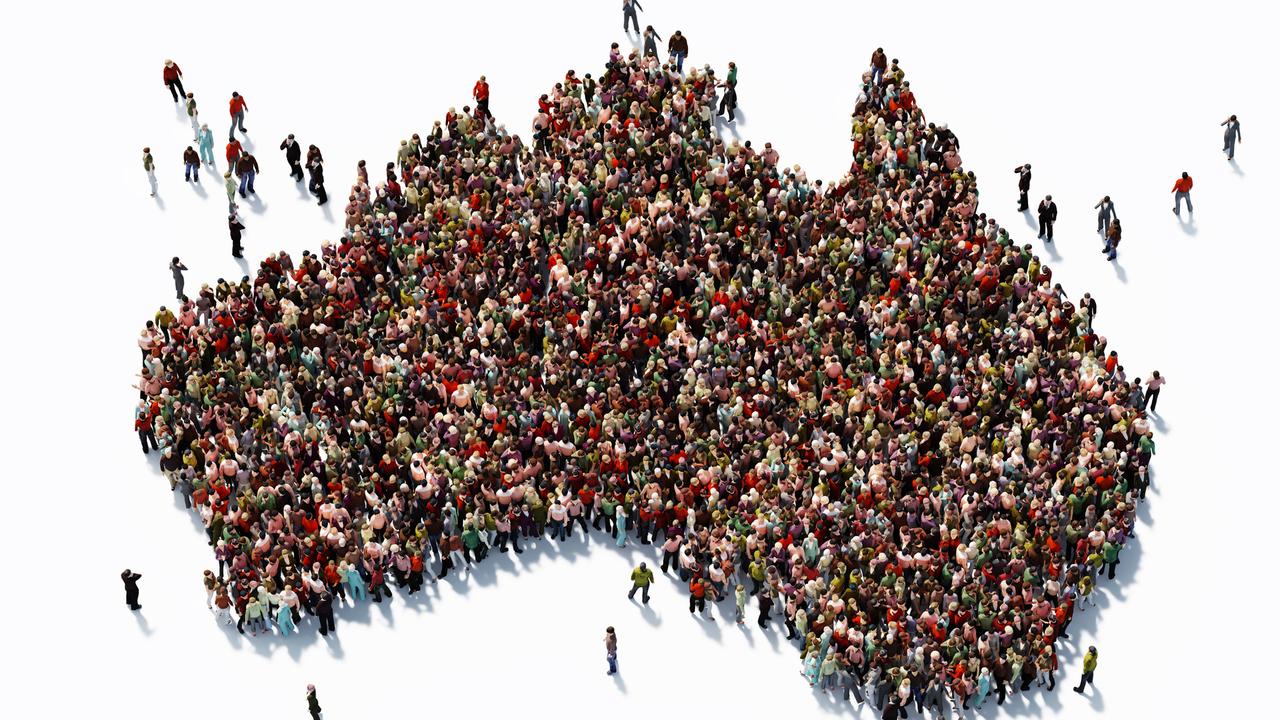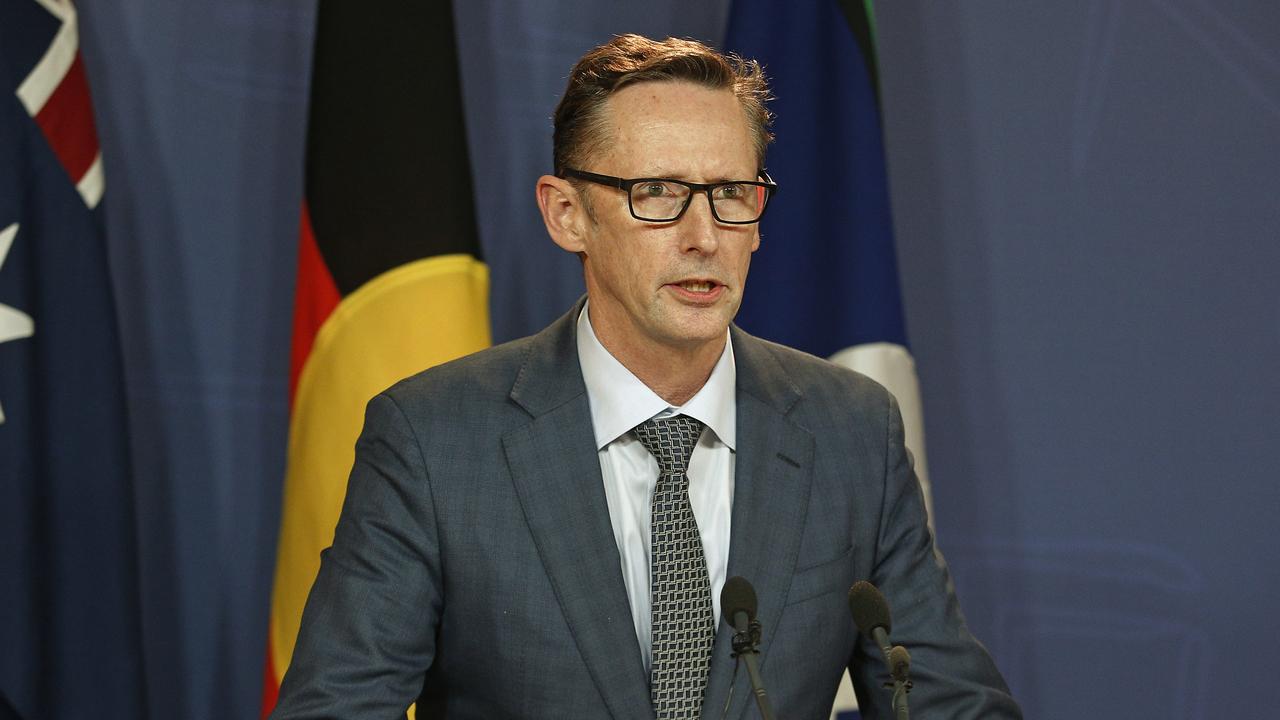Travellers reluctant to pay for greener flights despite desire for sustainability
Travellers say they want to fly sustainably but the latest data shows less are paying for carbon offset tickets leaving aviation leaders with a lot to do.
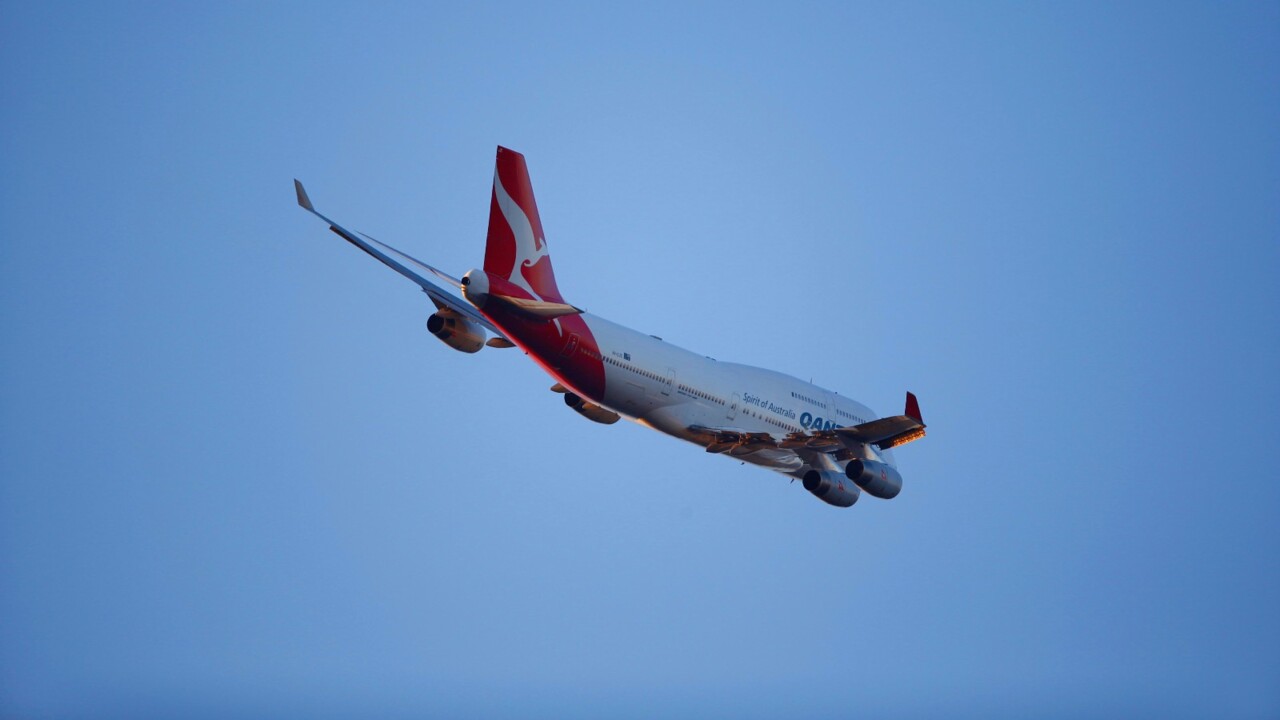
Business
Don't miss out on the headlines from Business. Followed categories will be added to My News.
Travellers are proving reluctant passengers of the airline industry’s sustainability drive with those opting to offset flights actually falling in recent years.
After exceeding 10 per cent pre Covid, Qantas was now seeing around 6 or 7 per cent of guests choosing to offset, while Webjet had noticed that customers “talk the talk” but don’t necessarily “walk the walk”.
“When we originally looked at a program around sustainability for our travellers we surveyed our quite significant database of 2 million people and circa 30 to 40 per cent said they would regularly use the offset,” said Webjet managing director John Guscic.
“But in practical application, it’s less than 10 per cent ticking the box.”
Inflationary pressures were considered a factor in the drop off recorded by Qantas according to chief sustainability officer Andrew Parker who said there was still much passion for the decarbonisation journey.
“In terms of consumers there is still a lot to do,” Mr Parker told the Australian on the sidelines of the International Air Transport Association in Dubai.
“We can’t just be asking for customers to pay for sustainable aviation fuel, pay for offsets, we want to look at a model where you have a range of options.”
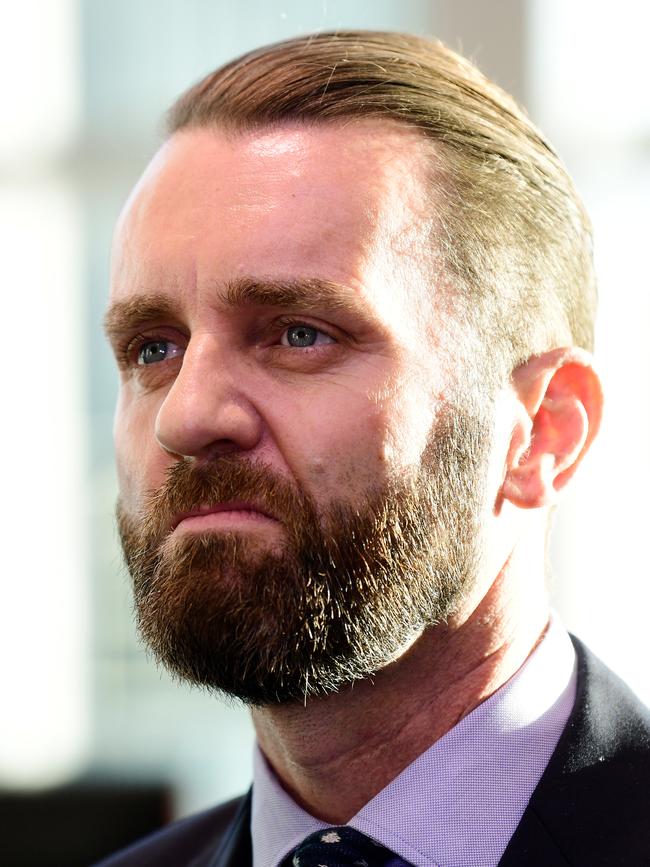
Despite the cool response from customers to date, airlines remained convinced that sustainability was extremely important to travellers.
International Air Transport Association director general Willie Walsh said the idea people want to fly in an “unsustainable fashion” was simply not correct.
“All the research that we do says that people want the airline industry to address its environmental footprint and we have to,” Mr Walsh said.
“And anybody who thinks you can transition to net zero in any industry without cost is misguided or misleading people. There’s going to be a cost and there’s going to be a consumer cost.”
It has been estimated that cost could push up airfares significantly, particularly in the early stages due to low levels of sustainable aviation fuel production.
Considered the only realistic path for airlines towards net zero at this stage, SAF production in 2024 will amount to a mere 0.53 per cent of the industry’s fuel needs, or 1.9 billion litres.
To help drive production in Australia — which was rich in feedstock but yet to make any SAF — Qantas was investing in a north Queensland-based refinery using alcohol-to-jet technology.
Mr Parker said it was unusual for airlines to become investors in the production of fuel but they felt they had to.
“We need big fuel companies producing (SAF) albeit at a price that is digestible but we want small to medium-sized producers as well so we’ve got a competitive industry,” he said.
“We think Australia can produce SAF and a lot of it, which is one of the reasons Qantas has set a target of 10 per cent SAF usage by 2030.”
At the same time, Qantas was firmly in favour of the federal government imposing a mandate of 5 per cent SAF for airlines operating within and into Australia.
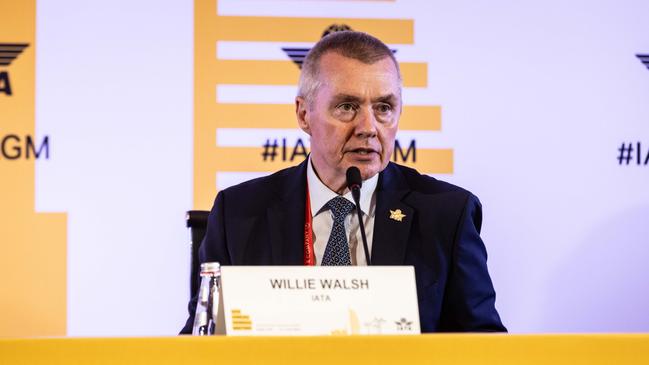
Virgin Australia recognised the potential role a SAF mandate could play but warned of economic consequences, particularly for “value carriers” like themselves.
“Increases in fuel prices would likely result in airlines having to raise airfares, with value carriers being less effective at doing so due to the price sensitivity of their customer base,” said Virgin Australia’s submission to the aviation green paper.
“This has the potential to reduce or limit competition.”
In the meantime it was indisputable that the cost of air travel would climb as more countries imposed SAF mandates on airlines as high as 10 per cent by 2030.
“Some consumers felt this could be done at no cost but there is a cost associated in the same way as when oil prices go up, ticket prices go up,” said Mr Walsh.
“The idea the airlines can absorb that additional cost given the net margins of 3 per cent in the industry, it’s just not going to be possible.”
Mr Parker said it was the only way forward for an industry that was so critical to Australia.
“We don’t have a train to Singapore, so you have to maximise the opportunity to protect aviation and give it a strong future,” he said.
“You don’t want the European flight shaming to impact aviation in our part of the world so that means SAF is the majority of the answer.”
More Coverage
Originally published as Travellers reluctant to pay for greener flights despite desire for sustainability




